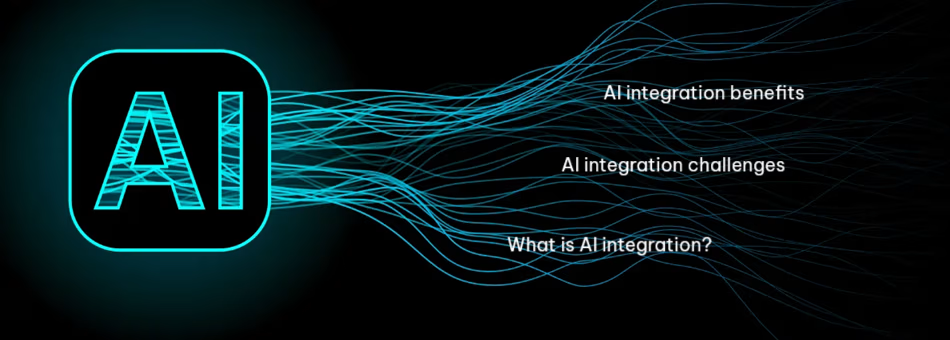How Blockchain is Revolutionizing Financial Services

In just over a decade, blockchain technology has evolved from an obscure concept into one of the most disruptive forces in the financial sector. With its decentralized, transparent, and tamper-proof characteristics, blockchain is transforming how financial institutions operate, collaborate, and deliver services to customers.
What Is Blockchain?
At its core, blockchain is a distributed ledger technology (DLT) that records transactions across a network of computers. Unlike traditional databases controlled by a single entity, blockchain is decentralized, meaning no single party has authority over the entire ledger. Once data is recorded, it is immutable and cannot be altered without consensus from the network participants.

Key Ways Blockchain Is Reshaping Finance
Faster and Cheaper Payments
Cross-border transactions have historically been slow and costly, often involving multiple intermediaries. Blockchain eliminates these inefficiencies by allowing peer-to-peer transfers in real time, reducing settlement times from days to seconds. Cryptocurrencies like Bitcoin and stablecoins such as USDC are already being used to streamline remittances and payments globally.

Enhanced Transparency and Security
Every transaction on a blockchain is cryptographically secured and time-stamped. This transparency reduces fraud, improves auditability, and increases trust among counterparties. Financial institutions can use blockchain to verify identities, track transactions, and comply more effectively with regulatory requirements.

Smart Contracts Automate Agreements
Smart contracts are self-executing agreements encoded on the blockchain. They automatically enforce rules and terms without the need for intermediaries. In finance, smart contracts power applications like decentralized lending, automated insurance payouts, and escrow services, reducing operational costs and human error.

Tokenization of Assets
Blockchain enables the creation of digital tokens that represent real-world assets, such as equities, bonds, real estate, and commodities. Tokenization unlocks liquidity, facilitates fractional ownership, and enables faster settlement of trades. This has the potential to democratize access to investment opportunities traditionally reserved for institutional investors.

Decentralized Finance (DeFi) Ecosystem
Perhaps the most significant development is the rise of DeFi, a suite of blockchain-based financial services that operate without centralized intermediaries. DeFi platforms provide lending, borrowing, trading, and yield-generating opportunities accessible to anyone with an internet connection, challenging the traditional banking model.

The Road Ahead
While blockchain adoption in finance is accelerating, challenges remain. Regulatory uncertainty, scalability limitations, and security concerns need to be addressed before the technology can achieve mainstream adoption. However, leading banks, fintechs, and governments are already investing heavily in blockchain pilots and production systems.
As the ecosystem matures, blockchain will likely become the backbone of more efficient, transparent, and inclusive financial services, empowering individuals and institutions alike.
Conclusion
Blockchain isn’t just a buzzword - it’s a foundational technology reshaping the future of finance. By reducing friction, increasing trust, and enabling new business models, blockchain is well-positioned to revolutionize the way value is transferred, assets are managed, and financial services are delivered worldwide.




